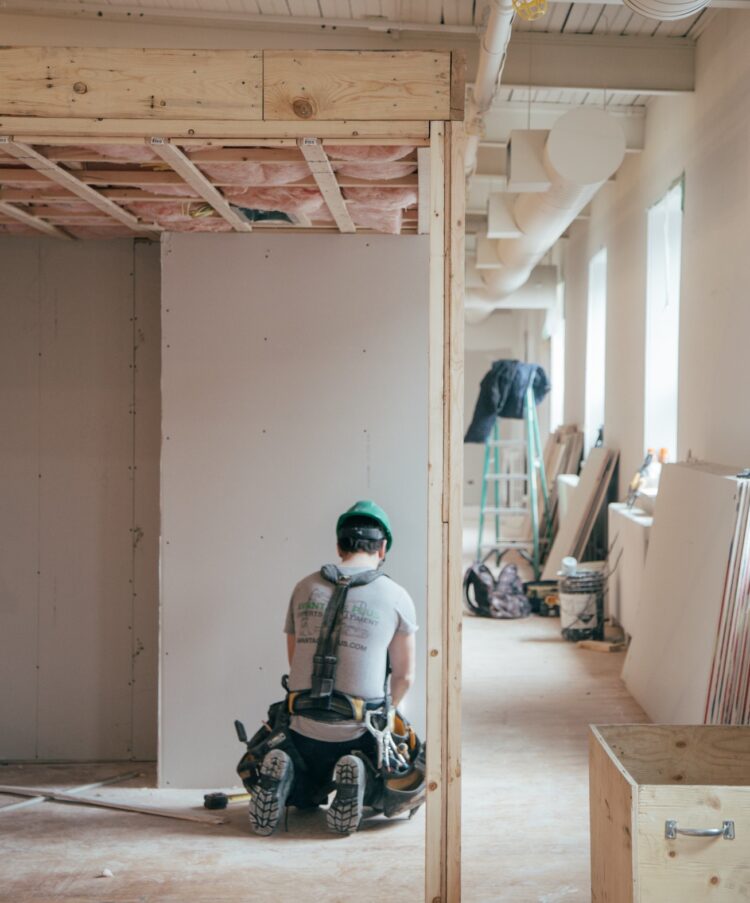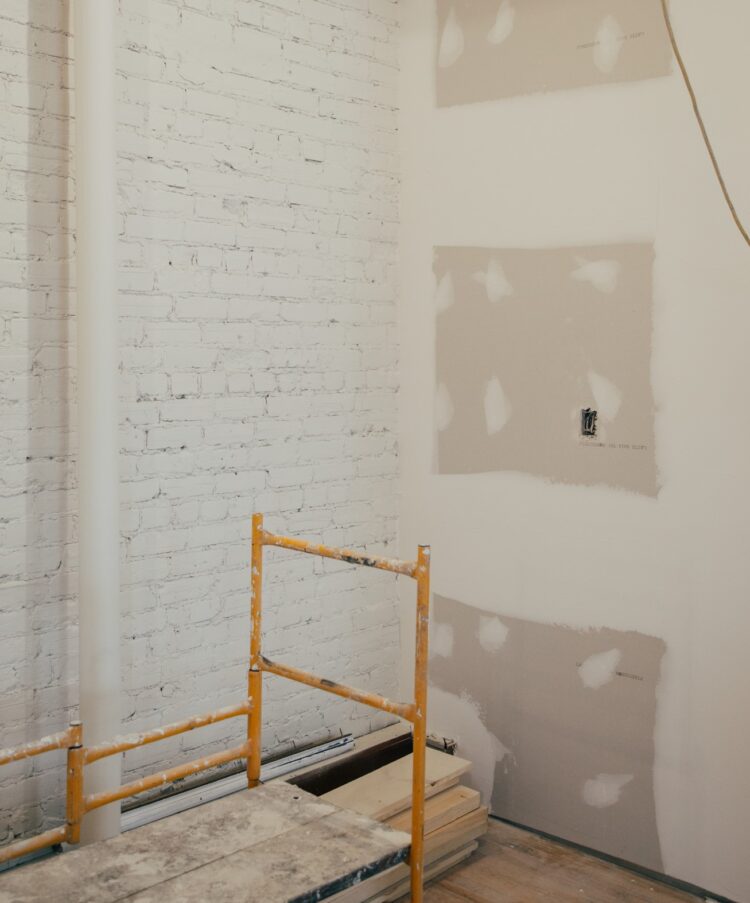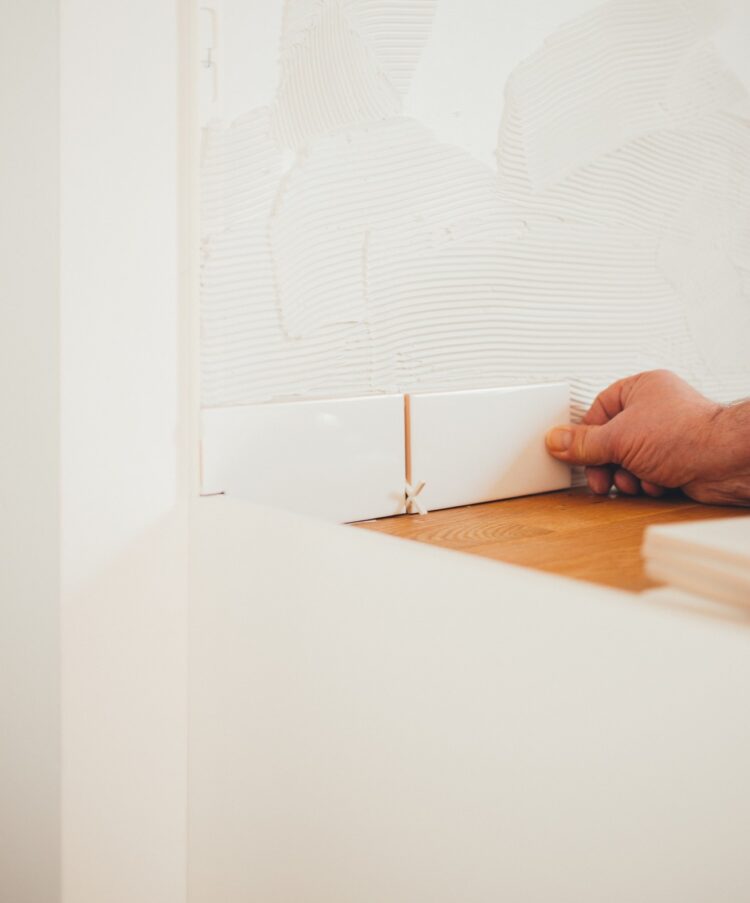
Is your kitchen dated? Does your bathroom sink leak? Do you have broken and uneven floor tiles? Maybe your family needs a bigger living room? Whatever the reason, there will come a time when your home will require improvements and a full-on renovation. A home renovation project can become expensive and lead to stress, especially when you are living in the same house as the remodeling project is underway. It is natural to feel the tension as parts of your house are torn down to make way for a new design. Be prepared for glitches or problems that may arise through the renovation process. But with proper planning and care you will be able to minimize the stress and avert accidents or damages to renovate your home in an organized and timely manner.
To help we have brought together practical tips and strategies for a smooth and stress-free home renovation process.

1. Write it down
Before everything else, write down all the house renovations you would like to work on, that way you will be able to plan a feasible timeline to implement the project. Compare job rates from a reliable contractor, builder, or tradesman on sites like MyJobQuote who can work towards your specific needs. It is essential to communicate with your contractor what you expect completed by making sure the plan you both agree on is on a written contract that discusses the cost, description of work included, and the timeframe. This way both parties will understand the entire scope of work and when it should be ideally completed.
2. Book a place to stay
If your home remodeling project consists of minimal adjustments to your kitchen or living room space, it may be a better option to stay home. For larger, long term renovations, to evade stress, it is advisable to book a short stay at an inn, Airbnb, or hotel depending on your personal budget. If your finances are tight, try to repurpose another room in your home as the renovations are taking place. Set up a safe space that is free from paint, dirt, and tools. This is a great way to recharge when you are feeling anxious over the remodeling work being done. It is important to plan all the tasks ahead of time so you will know how to work and live around the space from day to day until the renovation project is completed.

3. Cover up
Before your contractor starts breaking down walls, it is important to protect your home furniture and valuables from exposure to dust, allergens, and debris. Consider covering your furniture with a protective tarpaulin, bringing down curtains, removing your clothes from closets and storing them in a safe place, along with fragile items or valuables that break easily. This may also be the time to donate items that you don’t use to charity to minimize the clutter in your home. Keep your daily essentials in an airtight storage box for easy access. Invest in plastic storage bins and rolling clothing racks that can come in handy while transporting your personal belongings from room to room. For big remodeling projects it may be better to rent an offsite storage unit to keep your items secure.
4. Stick to a working budget
Prior to even purchasing a new bathroom fixture or a can of paint, look into your finances and see what you can comfortably spend on your home remodeling project. Be realistic with your goals and renovation plans. Do not pursue plans that your bank account cannot afford. Once you have coordinated with your contractor how much money you will have to spend to accomplish the home renovation, try to stick to a working budget. Always save extra cash for any untoward or additional expenses that may arise during the project.

5. Do your homework
Your assigned builder or contractor will be able to help educate you through the proper process for applying for permits and complying with local building codes. However, it is always best to do research yourself on the laws in your neighborhood or locality so you are able to discuss with your contractor on how to abide by the requirements of your area. Even if you plan to push through with your DIY or ‘do it yourself’ projects, it’s best to know the law and building codes required before proceeding. This will save you the added stress in case you end up offending a neighbor or breaking the law, which will lead to more expenses and changes to your home renovation plans.
6. Source your fixtures ahead of time
The moment you have determined the scope of work that will be done to your house, consult with your contractor the ideal places to score materials and fixtures at an affordable cost. Certain contractors provide discounts if the homeowner chooses to shop for the supplies. Be sure to communicate with your contractor about your plans. Shopping in advance for your choice of tiles, appliances, fixtures, and paints will save everyone time and is a great way to avoid rushed decisions in the middle of the project. Look for good deals or promos on materials and home décor, but never compromise quality for cost.

In conclusion
Preparing in advance will save unnecessary stress while renovating your home. Stick with a reliable contractor who can get the job done. Keep yourself organized, stick to a budget you can afford, and don’t be afraid to embrace a bit of the mess as the remodeling is underway. Follow through your plans and be open to compromise to achieve your goals so that you and your loved ones can enjoy and live comfortably in your dream home for years to come.











